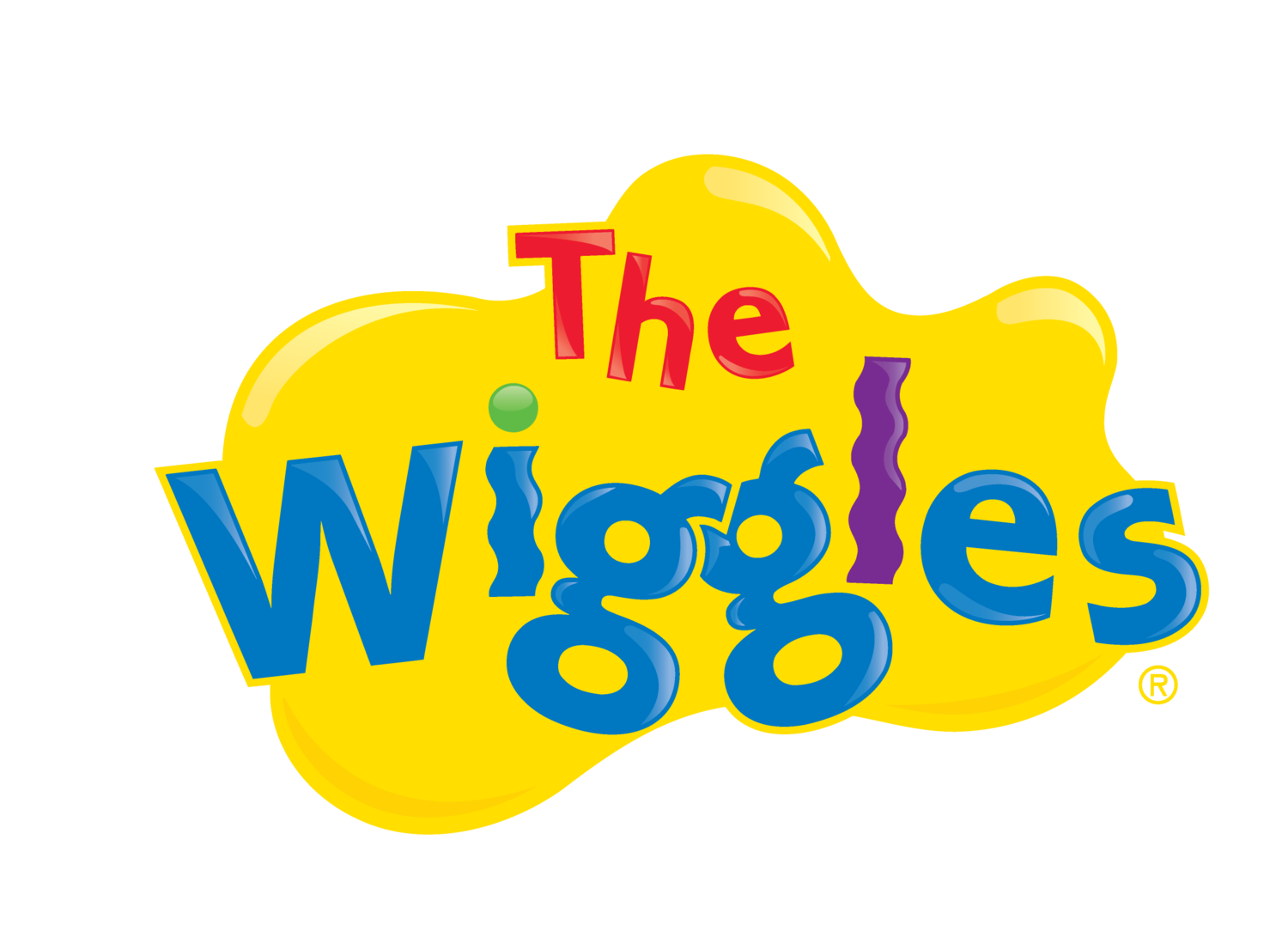Early Childhood Education
Early childhood education is not didactic in nature. Young children learn best through play, through everyday experiences and through conversations and interactions with others and these essential concepts are at the basis of a best practice early childhood program.
All early childhood programs that can be defined as following best practice are based on strong early childhood developmental an educational theories and principles. The three major areas of development which provide the overarching framework for the best early childhood programs are cognitive (or intellectual) development, social/emotional development and health and physical development. Each of these areas can be further subdivided.
Cognitive development encompasses the communicating child, the thinking child, the creative child, the spiritual child and the aesthetic child. Social/emotional development considers the social child and the feeling child while health and physical development refers to all aspects of the physical child.
Within each developmental area there are key learning areas.
Cognitive development embraces language and literacy including an awareness of languages other than the child's mother tongue.
Language and literacy provide critical learning tasks for young children and many learning experiences in an early childhood program relate to one or more aspects of this essential area of learning.
Mathematics and numeracy form another area in which young children are beginning to develop needed cognitive skills and understandings. Science and technology also feature here as do studies of society and the environment and the arts.
Social and emotional development is also fundamental developmental areas. Young children need to learn to develop relationship, get on with others and to develop the sorts of social skills that their society deems important. They need to develop the ability to feel good about themselves and to be happy in their own skins. Some social and cultural concepts are modelled and implied rather than stated but are nonetheless influential for that.
Health and physical development is more straightforward and covers cleanliness, health and hygiene, safety and exercise, gross and fine motor development.
Many learning experiences will extend over more than one developmental or learning area.
Kathleen Warren
EdD,MA (hons) LASA, FTCL, teacher, adjudicator, early childhood and drama consultant and writer for The Wiggles.Early childhood education is not didactic in nature. Young children learn best through play, through everyday experiences and through conversations and interactions with others and these essential concepts are at the basis of a best practice early childhood program.
All early childhood programs that can be defined as following best practice are based on strong early childhood developmental an educational theories and principles. The three major areas of development which provide the overarching framework for the best early childhood programs are cognitive (or intellectual) development, social/emotional development and health and physical development. Each of these areas can be further subdivided.
Cognitive development encompasses the communicating child, the thinking child, the creative child, the spiritual child and the aesthetic child. Social/emotional development considers the social child and the feeling child while health and physical development refers to all aspects of the physical child.
Within each developmental area there are key learning areas.
Cognitive development embraces language and literacy including an awareness of languages other than the child's mother tongue.
Language and literacy provide critical learning tasks for young children and many learning experiences in an early childhood program relate to one or more aspects of this essential area of learning.
Mathematics and numeracy form another area in which young children are beginning to develop needed cognitive skills and understandings. Science and technology also feature here as do studies of society and the environment and the arts.
Social and emotional development is also fundamental developmental areas. Young children need to learn to develop relationship, get on with others and to develop the sorts of social skills that their society deems important. They need to develop the ability to feel good about themselves and to be happy in their own skins. Some social and cultural concepts are modelled and implied rather than stated but are nonetheless influential for that.
Health and physical development is more straightforward and covers cleanliness, health and hygiene, safety and exercise, gross and fine motor development.
Many learning experiences will extend over more than one developmental or learning area.
Kathleen Warren
EdD,MA (hons) LASA, FTCL, teacher, adjudicator, early childhood and drama consultant and writer for The Wiggles.

